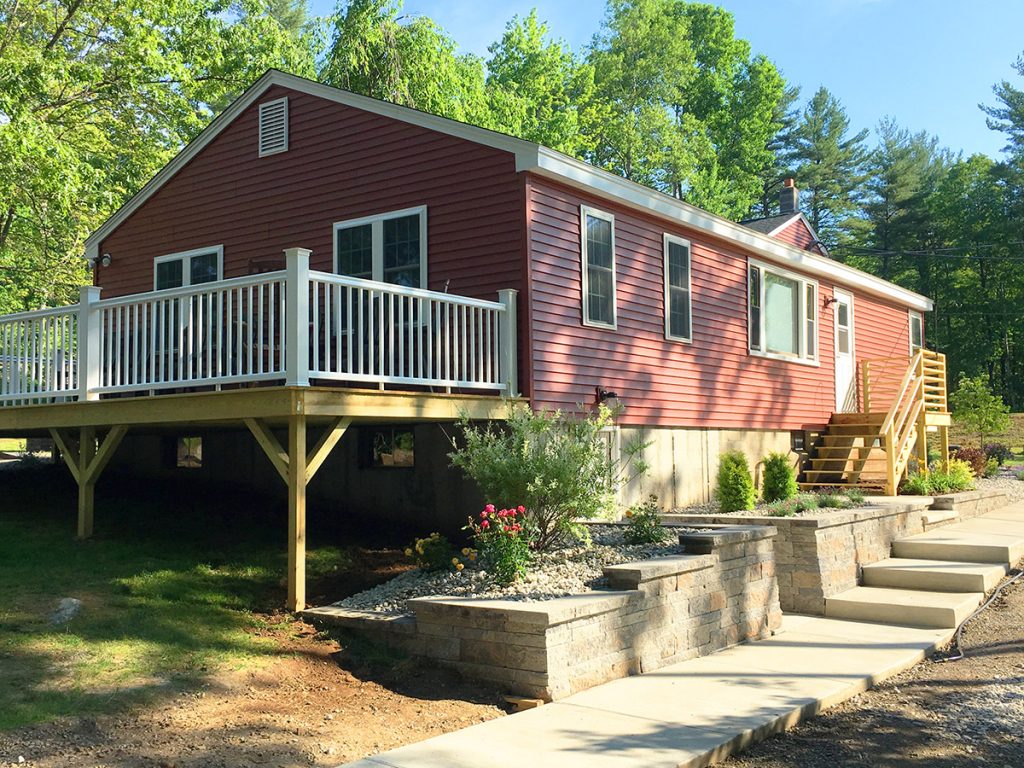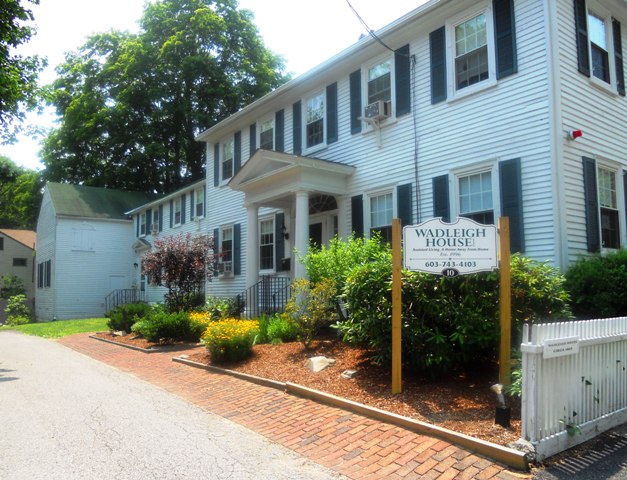
The terms assisted living and nursing home are often used interchangeably, but once you start doing more research, you will start to discover that there are a lot of important differences between the two. Here are some useful distinctions between assisted living facilities and nursing homes.
Assisted Living Emphasizes Independence
One of the primary goals of assisted living communities is to allow aging people to continue to live independently, but with more support than they would have while living alone. Different people will need assistance with different aspects of their lives, but chores like cleaning, daily habits like cooking and remembering to take medications, and skills like driving can all become more difficult—and in some cases more dangerous—as we age. In an assisted living facility, someone who loves to cook every day but has trouble driving to and from the grocery store might get assistance so that they can continue to live independently. Boutique senior living facilities often have fewer residents, which can help build community.
Nursing Homes Provide Medical Care
The primary goal of nursing homes is to provide medical care for live-in residents. Generally the care needed is not enough to require hospitalization, but it may require regular medical visits and skilled assistance from nurses and other medical staff. While assisted living facilities often help with things like taking regular medications, nutrition, and other health needs, they generally do not offer more advanced medical treatment.
Assisted Living is Usually Permanent, while Nursing Homes May Be Short-Term
While some people might be in a nursing home for a long period of time, many people use nursing homes for a shorter period of time before returning home or to assisted living. For example, someone who is recovering from a stroke or a hip replacement might need more care than is available in an assisted living facility, but not require hospitalization. In that case, the patient might be transferred to a nursing home for several weeks or even a few months, until they are recovered enough to return home.
This also means that nursing homes serve people of all ages—it is quite common for younger people recovering from major surgery or severe illness to stay in a nursing home during their initial recovery period. Nursing homes can also be useful when an older person who lives alone or just with a spouse needs additional care while recovering from illness.
In contrast, a transition to assisted living is generally a more permanent change; assisted living allows a senior to continue to live independently while also having present and future support.
Of course, we want to note that not all nursing homes or assisted living facilities are the same! Some assisted living facilities offer very little medical care, while others may have occupational therapists or even a part time nursing staff for minor injuries. And some facilities have nursing home and assisted living options in the same complex, so that a later transition with additional care is easier for residents.
Check out all of our facilities and reach out to us if you have any questions!





